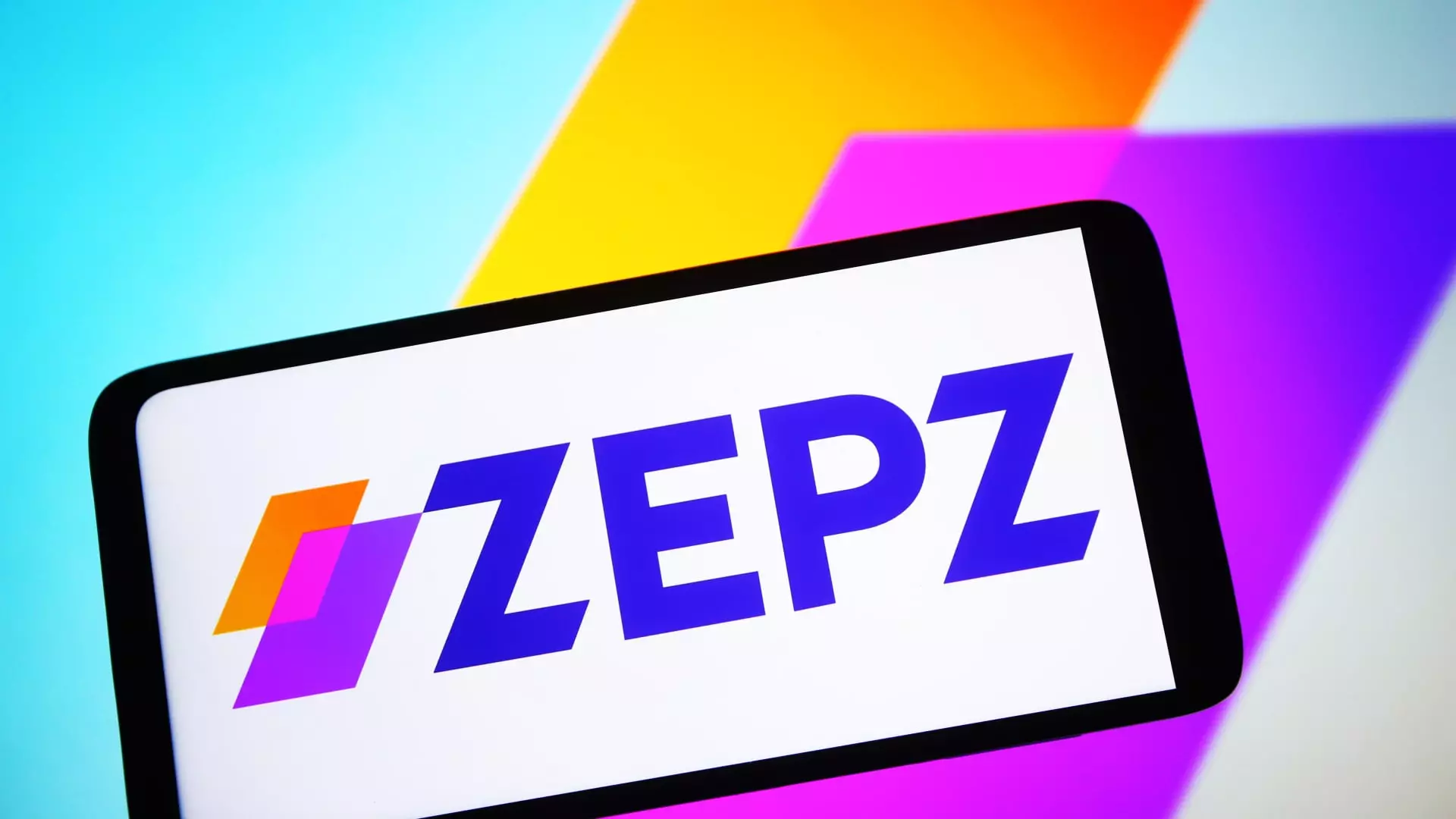The fintech industry is notorious for its volatility, and recent developments at British digital remittance firm Zepz have underscored this reality. The company, previously known as WorldRemit, is facing a significant restructuring that includes laying off dozens of IT professionals and closing its operations in Poland and Kenya. Over 200 employees are set to be affected, representing approximately 20% of Zepz’s global workforce of 1,000 as of January.
Zepz’s decision to downsize comes as part of a broader strategy aiming for sustained growth and operational optimization. In a statement provided to CNBC, Zepz emphasized that these layoffs were necessary to align the company with its long-term goals. A spokesperson indicated that the advancements in automation and artificial intelligence played a pivotal role in this transformation, reducing the need for certain IT functions, such as database administration and software engineering.
While the company has hailed its technological enhancements, which were marked by the successful completion of replatforming efforts, critics might argue that such changes can often alienate the workforce. The shift toward automation can lead to job redundancies that impact real lives, a point emphasized by employees who were laid off. The duality of advancing technology while maintaining a compassionate approach to employee welfare poses a challenging balancing act for companies like Zepz.
Zepz touts itself as a “remote-first employer,” which brings unique advantages, such as flexibility and a diverse talent pool. However, the recent layoffs could signal a shift in corporate culture, hindering morale among remaining employees who might feel insecure about their positions. Internal communication from Zepz’s CEO Mark Lenhard, which laid out the rationale for the workforce reductions, described this decision as a difficult one. He recognized the emotional toll it might have on colleagues and emphasized the necessity for ruthless prioritization in areas of the business.
Such communications can often create an atmosphere of uncertainty, making it increasingly difficult for teams to operate with full confidence. The long-term implications of this restructuring on Zepz’s corporate culture remain to be seen, but history suggests that such significant changes can lead to decreased engagement and productivity.
A History of Workforce Reductions
The most recent layoffs at Zepz are not an isolated incident. In 2023, the company laid off 420 employees, which accounted for 26% of its workforce at the time. This pattern of cost-cutting raises questions about the company’s long-term viability and the sustainability of its growth strategy. While some might argue that frequent layoffs reflect a well-considered approach to managing resources, others could interpret them as indicative of a struggling enterprise unable to adapt quickly enough to an evolving market landscape.
Zepz has faced stiff competition from major players in the digital payments sector, including PayPal, Wise, and Revolut. These contenders not only challenge Zepz’s market position but may also influence its operational decisions. The need to remain competitive might push companies toward drastic measures, including reducing operational costs at the expense of workforce stability.
Despite these challenges, Zepz remains a notable player in the fintech sector. The company has been viewed as a potential candidate for an Initial Public Offering (IPO), an aspiration that could significantly reshape its business trajectory. However, the timeline for this remains uncertain, especially in light of recent layoffs and restructuring efforts. Since the company was valued at $5 billion in 2021, and after securing a $267 million funding round last year, the current environment suggests that Zepz may need to stabilize its business before pursuing an IPO.
Investors, including prominent firms like Accel and TCV, are closely monitoring Zepz, and their confidence will likely hinge on the company’s ability to navigate current challenges while maintaining a clear strategic vision.
Zepz finds itself at a critical juncture, having to balance the urgency of operational efficiency with the ethical implications of workforce reductions. As they navigate this transformative phase, their capacity to retain talent and foster organizational resilience will be instrumental in determining their future success. The fintech landscape is fiercely competitive, and Zepz must ensure that its strategic choices not only support immediate goals but also align with long-term aspirations. With a robust and compassionate approach, Zepz can potentially redefine its role in the digital remittance space while continuing to serve its mission of supporting migrants worldwide.

